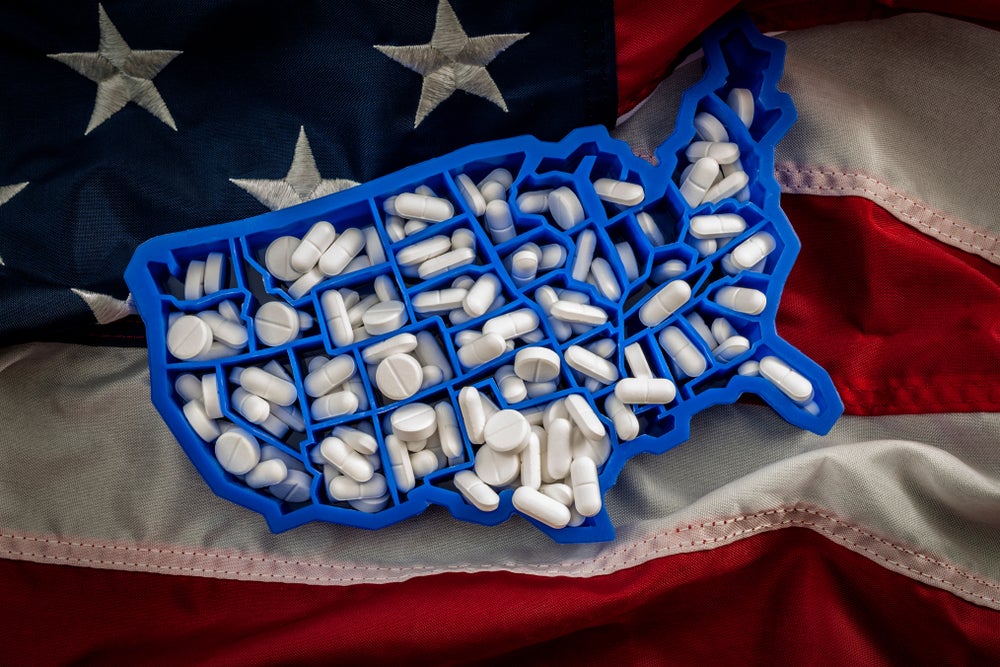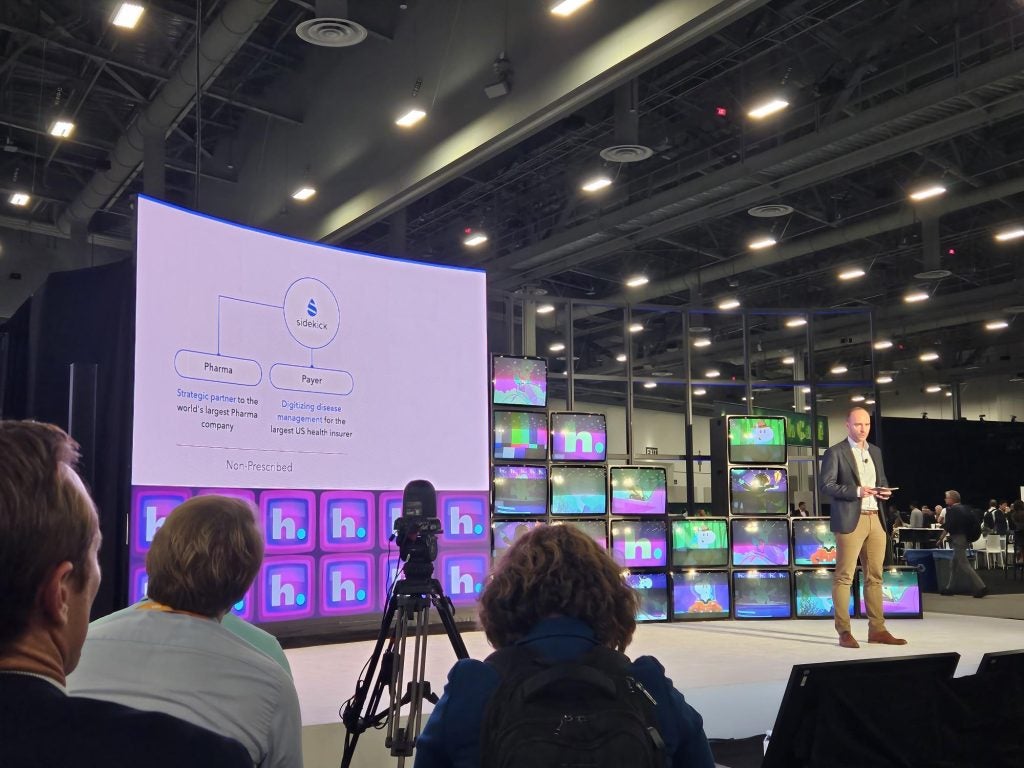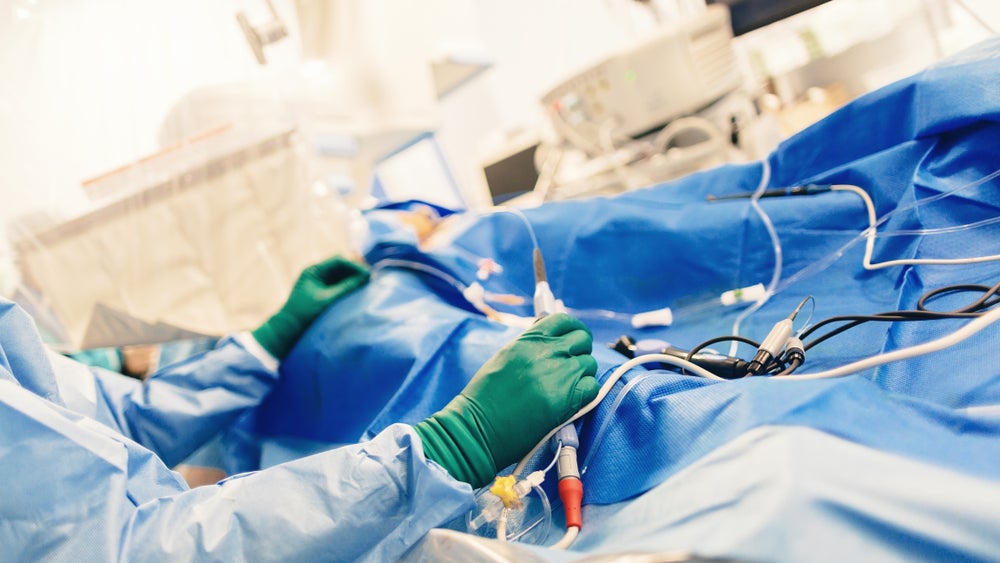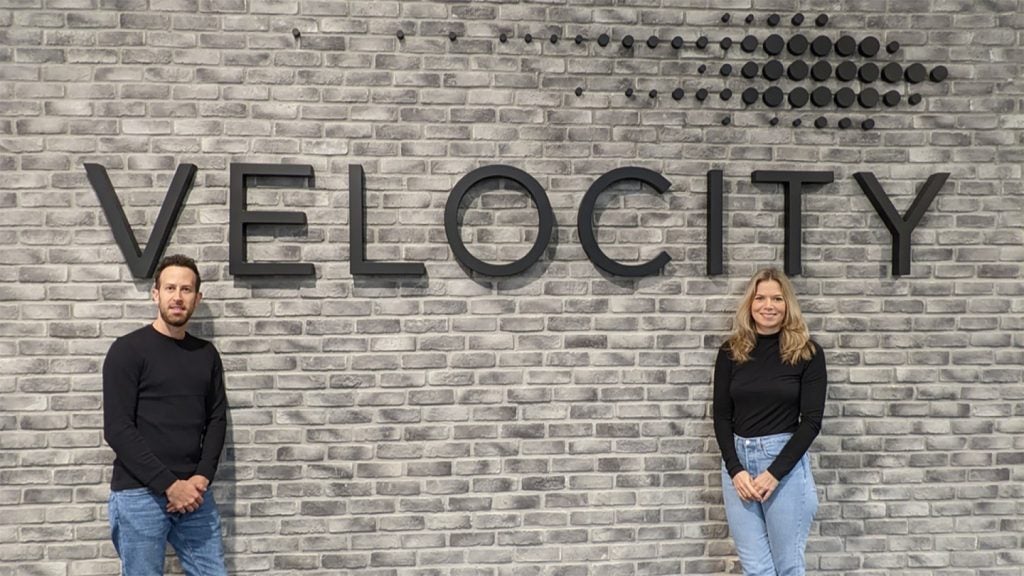The US Food and Drug Administration (FDA) has cleared Sleepiz’s bedside device that monitors patients’ vital signs during sleep.
The Sleepiz One+ device uses radar technology for contactless monitoring of breathing patterns, respiration rate and heart rate during sleep. The device uses proprietary artificial intelligence (AI) to transform macro and micro-motion signals into statistics for healthcare professionals.
The FDA Class II 510(k) clearance means physicians can now prescribe the device to their patients for sleep apnoea screening at home, in addition to monitoring of vital signs.
Minnesota, US-based Sleepiz states the device could be deployed in scenarios where remote patient monitoring is required for patients with chronic respiratory illnesses – of which there are more than 34 million in the US, according to the American Lung Association.
A 2022 report by GlobalData forecasts that the remote patient monitoring device market will reach $760m by 2030. The market will exhibit a compound annual growth rate of 3.3% from 2020 to 2030.
Data published in Scientific Reports indicates the device can measure breathing rate and heart rate with 99% and 96% accuracy, respectively, compared with gold standard methods.
In October 2020, the device received CE mark certification.
Sleepiz also recently partnered with Clario to offer the device to researchers conducting clinical trials investigating sleep.
Sleepiz says the device is available for reimbursement via remote patient monitoring codes. The company added that the device allows for 16 out of the 30 days of measurements for Current Procedural Terminology billing.
Sleepiz CEO Dr Soumya Dash said: “Sleepiz One+ shifts us from a wired, wearable world to a completely wireless, continuous standard of care.”
















